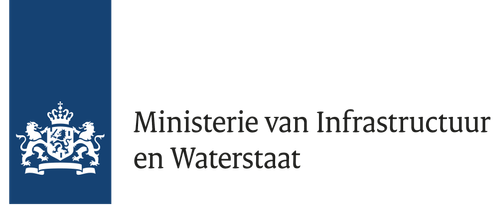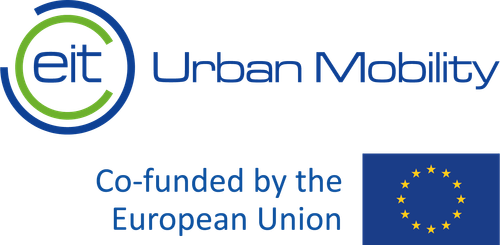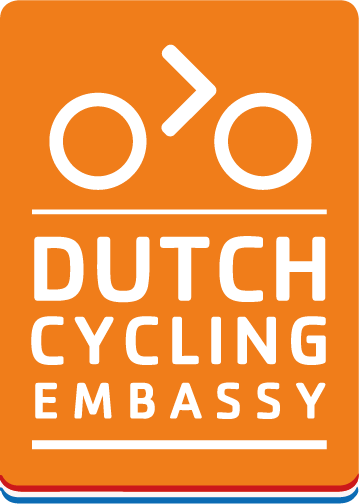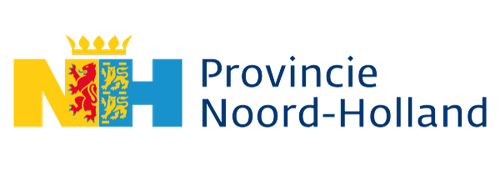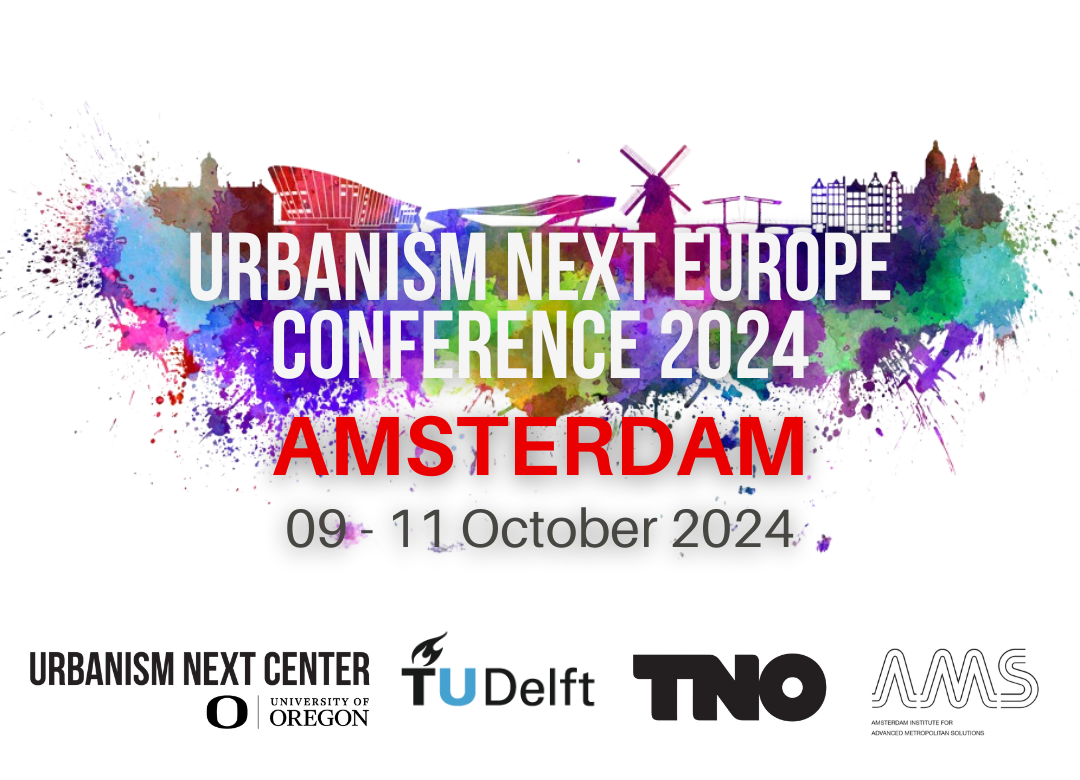
 Go Back
Go Back
Decarbonizing Urban Goods Movement: What’s Working and Where Do We Go from Here?
Location: Room - Ruby
As greenhouse gas emissions from the transportation sector continue to rise, cities worldwide are increasingly working to decarbonize their local freight and goods movement systems. Strategies to test and scale projects and policies range from e-cargo bikes and electric trucks to curb digitization, urban consolidation centers, zero-emission delivery zones, and more. With insights from both public- and private-sector perspectives, this panel explores lessons learned from both US and EU examples. Join us for a real-world discussion on the opportunities and challenges of this work, including governance, public policy, and transportation impacts.
Presenters

|
Dan Firth, Director of Knowledge, Research and Programmes, C40 Daniel leads and directs C40's research and knowledge-sharing programmes as well as overseeing a number of major cross-regional projects - including the Laneshift zero emission freight partnership. Prior to joining C40 he has worked in city and metropolitan government in London, Stockholm and Vancouver, delivering major strategic transportation policy and projects, including the implementation and study of congestion pricing and Vision Zero. |

|
Kristin Hull, Planning and Project Development Division Manager, Portland Bureau of Transportation Kristin is the Portland Bureau of Transportation’s Planning Division Manager. She brings 25 years of experience managing high profile transportation projects where consensus building and engagement are critical to project success. In her current role, she leads a team of more than 30 transportation professionals responsible for changing the way people move around Portland. This group develops long-range and system plans and policies, and implements those plans by advancing multimodal projects and developing public space, electrification and new mobility program. Kristin was selected as the 2022 Woman of the Year by the Portland chapter of the Women’s Transportation Seminar. |

|
Franklin Jones, CEO/Founder, B-Line Urban Delivery Franklin is an impact entrepreneur working at the intersection of sustainable transportation and local economies. He brings over a decade of experience in cycle logistics, local food hubs, and impact business models. Franklin founded B-Line with the vision of creating a company that can be a catalyst for building more sustainable and equitable communities. |

|
Kelly Rula, Director, University of Washington Urban Freight Lab As the Director of the Urban Freight Lab, Kelly leads innovative funding strategies and new partnerships and contributes a policy lens to current and future research projects. Before joining the SCTL, Kelly managed the New Mobility team at the Seattle Department of Transportation. Her team oversaw shared mobility programs, led policy and strategic direction for new mobility services like autonomous vehicles and urban freight, and advised on data and technology innovations to help prepare for the future of transportation in Seattle. |

|
Jacob Sherman, New Mobility & Electrification Manager, Portland Bureau of Transportation Jacob Sherman is the New Mobility and Electrification Section Manager at the Portland Bureau of Transportation. He leads a team focused on private-sector partnerships, shared mobility strategy, regulatory innovation, and transportation electrification, which are core to the City’s climate goals. Jacob manages PBOT’s $2M SMART Grant to pilot the nation’s first regulated Zero-Emission Delivery Zone, its $3.5M grant to install EV chargers in the right-of-way, and its strategy on mobility data. He also managed the City’s E-Scooter Pilot Program. Outside of work, Jacob serves as Chair of the City of Milwaukie, Oregon’s Planning Commission. |

|
Dr.Lori Tavasszy, Professor, TU Delft Lóránt (Lori) Tavasszy is full professor in Freight & Logistics Systems at TU Delft. Between 1996 and 2016 he was with the Dutch national research institute TNO and had part-time assignments at Radboud University of Nijmegen and TU Delft. His research and teaching focuses on freight transport systems modelling at global, national and local levels. He is active in the global transportation research community via WCTRS, the US TRB, and the VREF Center of Excellence on Sustainable Urban Freight. He has contributed to practice through modelling studies, an introductory MooC (EdX) and living labs in Rotterdam and The Hague. |






